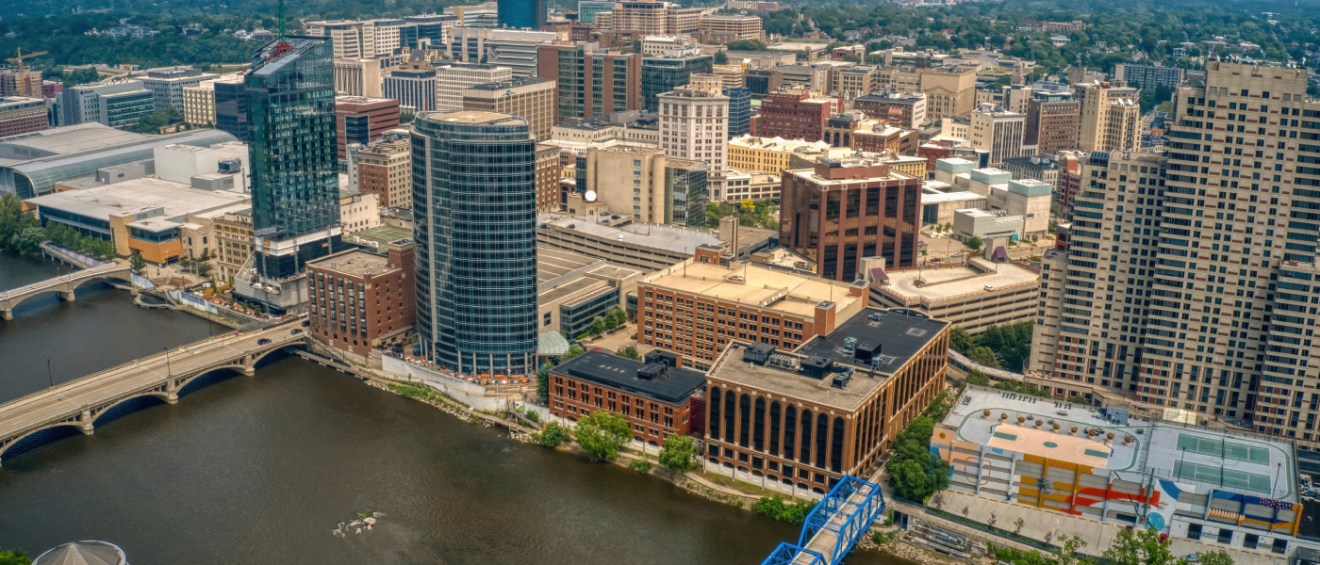Share this article:
If you’ve ever dipped your toes into the bustling pool of apartment-hunting, chances are that you’ve encountered a little something called the application fee. Ah, yes, the infamous fee that pops up like an uninvited guest just when you thought your rental budget had everything covered.
But, before we jump to conclusions, let’s peel back the curtain and take an in-depth look at what this fee is all about. Spoiler alert: It’s not just a villain in your lease signing story — it actually has a purpose.
So, buckle up! We’re about to demystify the application fee.
What is an application fee, anyway?
An application fee is a one-time charge you pay when applying to rent a property. Think of it like the cover charge at a concert, except instead of getting a front-row seat to your favorite band, you’re getting a chance to call a new place “home sweet home.”

This fee typically covers the costs associated with processing your rental application, including, but not limited to:
- Running a credit check
- Conducting a background check
- Verifying employment and income
- Contacting references or past landlords
In other words, it pays for the time and tools needed to determine if you’re the kind of renter who pays rent on time and doesn’t throw parties on a Tuesday. Fair enough, right?
Landlords or property managers use this fee to offset the administrative labor and third-party service charges that come with vetting applicants. It’s not just about collecting your cash — it’s about ensuring a smooth rental process for everyone involved.
Why do application fees exist?
Let’s address the elephant in the lease: Why does this fee exist in the first place?
We get it. It might feel a bit like being charged to ask if you can pay someone rent. However, when you consider the paperwork and diligence required behind the scenes, the application fee starts to make more sense than a landlord with a label maker.

Imagine being a landlord and getting dozens (if not hundreds) of rental applications. That’s a lot of time and effort to sort through names and numbers. The application fee discourages frivolous applications and helps ensure that only serious contenders are in the running. And, on the admin side, it covers real expenses. Background and credit checks are rarely free, and verifying all of your details isn’t something a property manager can do on their lunch break.
Plus, it adds a little accountability because a tenant who’s willing to invest a small fee is likely invested in the process.
How much is this going to cost me? (And is it worth it?)
Now for the million-dollar question (okay, more like the $30 to $75 question): How much will you actually pay?
The application fee varies by location and property, but you can generally expect to pay anywhere between $20 and $75. In cities with higher demand, fees may inch even higher.

Some states cap these fees, while others require itemized receipts or impose rules on when they must be refunded. Always check your local laws to know what’s fair game.
And, yes, some application fees are non-refundable. This might sting a bit — especially if you’re applying to multiple places at once. But, again, this fee isn’t a security deposit or down payment. Rather, it’s payment for a service rendered, like hiring someone to audit your future roommate résumé.
Tips to make the most of your application fee
No one wants to toss money into a rental black hole. So, if you’re about to pony up that application fee, here are a few tips to get the most bang for your buck:
Get your ducks (& documents) in a row
Have your pay stubs, references, photo ID and credit report ready. A complete application speeds up the process and shows you mean business.
Ask what the fee covers
Transparency is key. A good landlord or property manager will be upfront about what your application fee pays for. If they seem vague, ask for specifics.

Avoid applying blindly
Don’t throw cash at every cute apartment listing you see. Tour the place (virtually or in person), ask questions and make sure it truly suits your needs before paying the fee.
Know the law
Some states require landlords to return unused portions of the application fee if the screening isn’t conducted. Others regulate how much can be charged. Knowledge is power!
Watch for red flags
If a landlord is asking for a suspiciously high application fee, doesn’t provide receipts or seems disorganized, proceed with caution. A fee should facilitate trust, not break it.
But, wait, what if I don’t get the apartment?
Ah, the heartbreak of rejection. You paid the application fee, crossed your Ts and double-checked your credit score — only to find out that the unit went to someone else.
Frustrating? Yes. But, remember, the fee isn’t a guarantee, it’s only an entry ticket. If it makes you feel better, the landlord likely paid a chunk of that fee to run your reports. Nobody wins when things don’t work out, but at least you’re not being ghosted. You’re just not the right fit for that particular unit.
In the grand scheme of renting, the application fee is just one of many small steps toward your big move. While it might feel like a pesky extra cost, it serves a genuine purpose in streamlining the process and ensuring that the rental relationship starts on solid footing.
So, the next time you’re about to pay an application fee, just know that it’s all part of the package deal that leads you to your new front door — welcome mat and all.
Share this article:
Adina Dragos is a real estate writer and research analyst with RentCafe. She has solid experience in real estate writing, covering topics ranging from best cities for renters and the top cities for rental activity to cost of living. Her work was featured in several prominent media channels such as Axios, The Dallas Morning News, ConnectCre and The New York Times.
The Ready Renter has your back
Tips, news, and research curated for renters, straight to your inbox.




Related posts
Subscribe to
The Ready Renter newsletter







